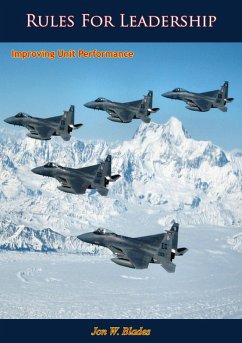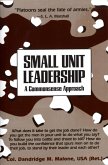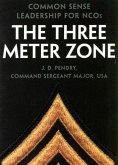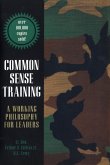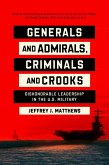This book presents an original set of leadership "e;rules"e; or principles that can be used to improve unit performance in any specific group situation and at all organizational levels. The 10 "e;rules"e; describe the influence which leadership style, leader enforcement of performance standards, group member intelligence, group member ability, leader intelligence, leader ability, group member motivation, leader motivation, and group cohesion have on unit performance.Basically, the evidence establishes very clearly that (1) the nondirective and directive leadership styles are each very effective ways to improve unit performance in certain situations but are poor choices to use in others; (2) high levels of enforcement of performance standards, intelligence, ability, motivation, and cohesion will increase unit performance in some situations but will not influence the outcome in others; and (3) low levels of these factors will decrease unit performance in certain situations but will not affect the outcome in others. In other words, the effect each of these factors has on performance is not constant but, rather, varies from one situation to the next. The key premise is that the amount of influence each of these factors has on performance depends upon the presence or absence of certain other factors in the group situation. For each rule in this book, statistical evidence in the form of data collected from 49 US Army units is presented in support. The summary chapter integrates the separate rules and presents recommended courses of action for the leader to take in order to use the rules properly in whatever particular group situation is encountered.In a secondary role, additional material is presented which describes actions that leaders can take to raise the level of several important group qualities such as motivation, ability, and cohesion.
Dieser Download kann aus rechtlichen Gründen nur mit Rechnungsadresse in A, B, BG, CY, CZ, D, DK, EW, E, FIN, F, GR, HR, H, IRL, I, LT, L, LR, M, NL, PL, P, R, S, SLO, SK ausgeliefert werden.

